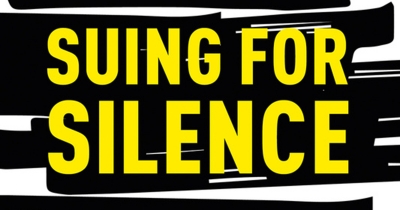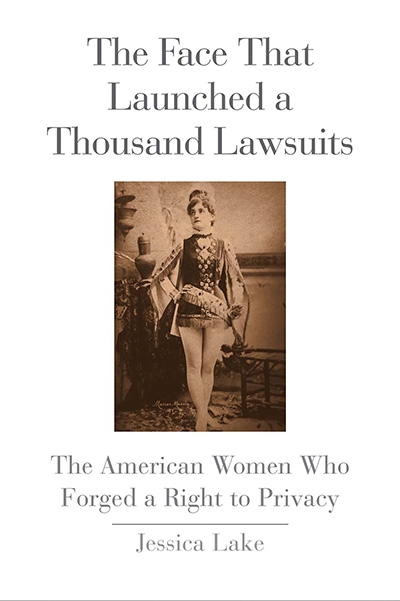Privacy crises come in waves, usually spurred by public panics over new technologies and their exploitation by those in power. In the 1890s, it was the evils of ‘instantaneous photography and newspaper enterprise’ that pushed Harvard jurists Samuel Warren and Louis Brandeis to famously advocate for a new common law (‘judge made’) right to privacy. In the mid-twentieth century, the availability of the contraceptive pill set the stage for the US Supreme Court’s declaration of a constitutional right to privacy in the (now threatened) decision of Griswold v Connecticut (1965). Similarly, fears about ‘King Kong’-sized government data centres ultimately led to the passing of the US Privacy Act 1974. In her latest book, The Fight for Privacy, Danielle Keats Citron, a professor of law at the University of Virginia, paints a vivid and compelling picture of privacy now under siege by online invaders. She argues convincingly for a new US civil right to ‘intimate privacy’, and sets out a precise and practical path towards achieving it.
...
(read more)



